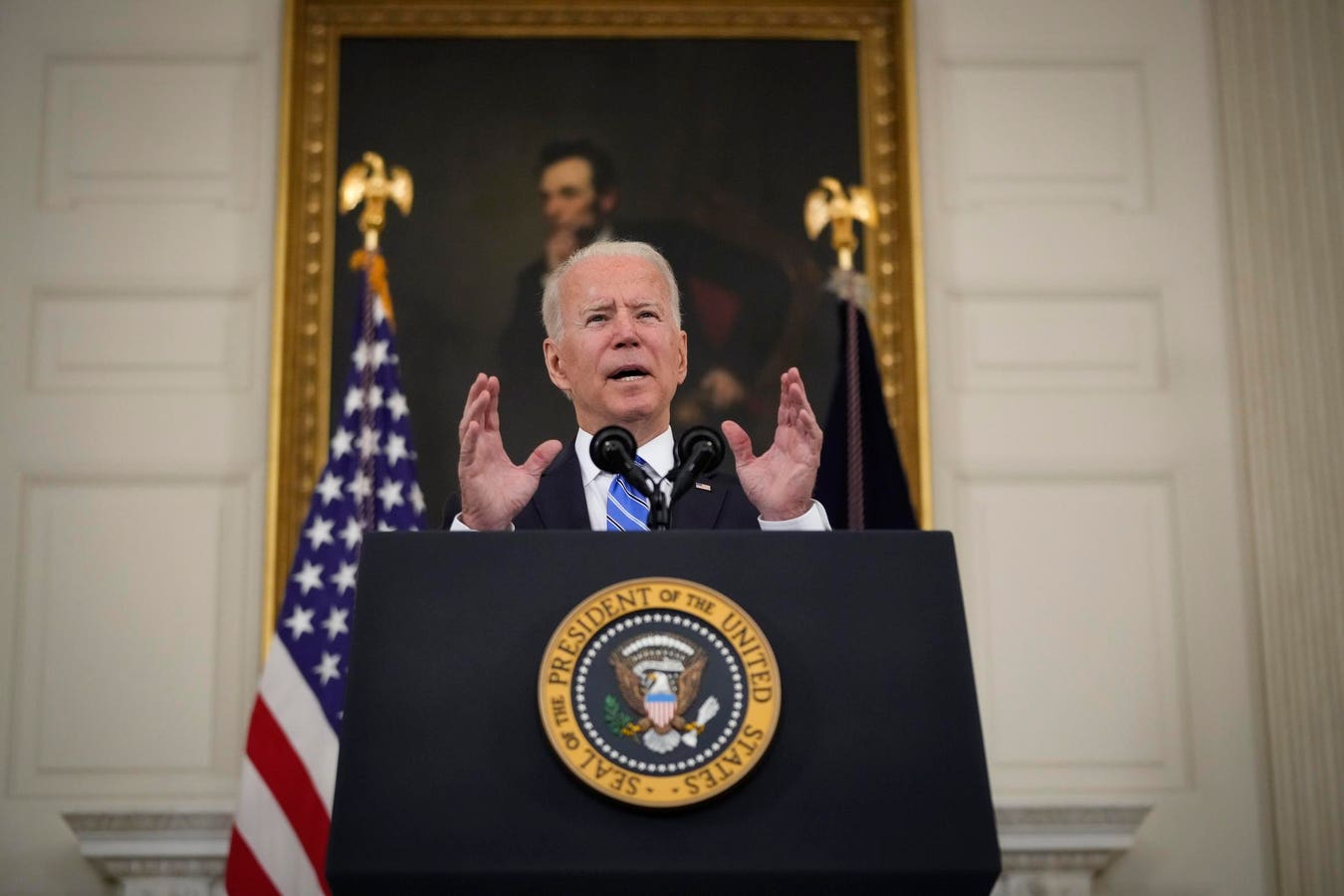Medical misinformation is widespread, and the digital age allows information to spread at rapid speeds, whether accurate or inaccurate. The Covid-19 pandemic amplified the surge of misinformation, particularly with respect to false claims related to Covid-19 vaccines and treatments, according to Kaiser Family Foundation.
Given the potential impact misinformation can have with respect to public health and adherence to life-saving interventions, addressing strategies to combat medical misinformation remains paramount. Below are five tips to curb medical misinformation.
Bolster Educational Programs
Just as school-aged children learn reading and math in grade school, so too should they learn digital and media literacy. Being taught how to critically think and analyze whether information is based on substantiated facts or inherent fallacies would go a long way in improving a learner’s ability to discern accurate and inaccurate information. Learning how to analyze the credibility of sources and biases in reporting are crucial skills for a critical thinker to navigate the digital world.
Ellen Patterson, President and Chief Impact Officer of EverFi, during the 2023 Milken Institute Future of Health Summit, said, “Education is critical in prevention of misinformation. Students must understand how to navigate sources to decipher what is real and what is not.”
Commitment To Research
To date, there is very little research on health outcomes with respect to how misinformation and disinformation affect different sociodemographic groups. For example, are Hispanic Americans more susceptible to medical misinformation than White Americans? If available, this information would help public health officials better understand why misinformation spreads and if certain groups are more susceptible to believing or acting upon medical misinformation.
Dedicated research into this space would be critical in combatting medical misinformation, and investigators must commit to researching this topic.
Regulating Social Media Platforms
Nearly half of all Americans often or sometimes get their news from social media, according to the Pew Research Center. Although social media can empower credible individuals to share important information, it can also unfortunately open the door for misinformation to propagate and potentially go viral.
This underscores the importance of social media organizations to take steps to closely monitor unsubstantiated information that could potentially harm individuals particularly with respect to public health. Social media platforms should work in concert with public health experts to amplify credible evidence-based information while simultaneously and deliberately removing information that has the potential to do more harm than good.
Bringing Stakeholders Together
Mitigating the effects of medical misinformation can never occur in a vacuum, but rather requires the efforts and input from a diverse array of individuals. This includes government officials, health policy leaders, public health personnel, social media organizations, teachers and community leaders to name a few.
Getting everyone together remains a challenge, but is critical in order to bring the best ideas forward for a future where medical misinformation is minimized and evidence-based information becomes the norm. Engaging a diverse set of stakeholders will help rebuild trust as many different perspectives will be considered when disseminating accurate medical information to the public.
Providing Creative And Clear Messaging
Public health policies and recommendations are often made by physicians and public health personnel that use advanced language that is not always understood by the general public. In order for messaging to be effective, it must be clear and easily understood by the public so it can be readily implemented.
In addition, the means by which information is disseminated is not always ideal. As an example, when articulating the impact of Covid-19 infection on death, media outlets often use statistics or report sheer numbers of deaths to educate the public on how deadly it is. However, an alternative approach that appeals to the senses and shows images of CT scans of the lungs and how the infection can dramatically affect the lungs may be more powerful in bringing home just what affect the infection can have to the body. Such approaches should be considered in delivering clear and effective messaging.
Furthermore, media outlets should also implore story telling. John Clifton , CEO of Gallup, said during the 2023 Milken Institute Future of Health Summit, “Human beings process stories better than they process numbers.” Stories tap into people’s emotions and can have a profound effect in making messages clearer to the public.
Rebuilding trust and combatting misinformation is crucial to ensure the well-being of both individuals and communities. If not done, the proliferation of medical misinformation will continue to have dire and detrimental consequences for public health.
Read the full article here





